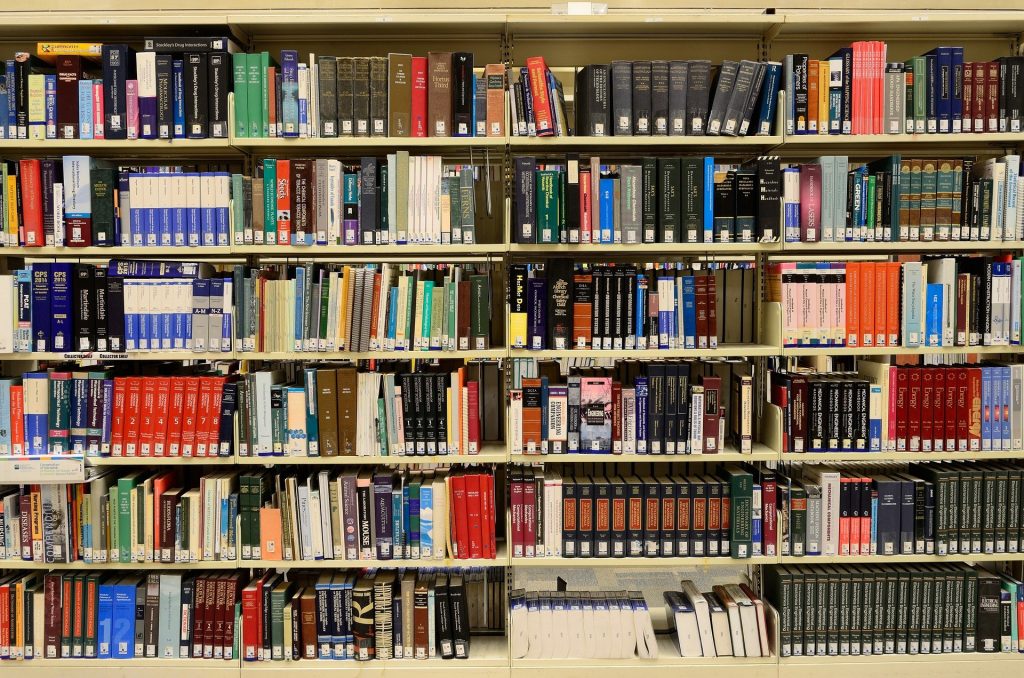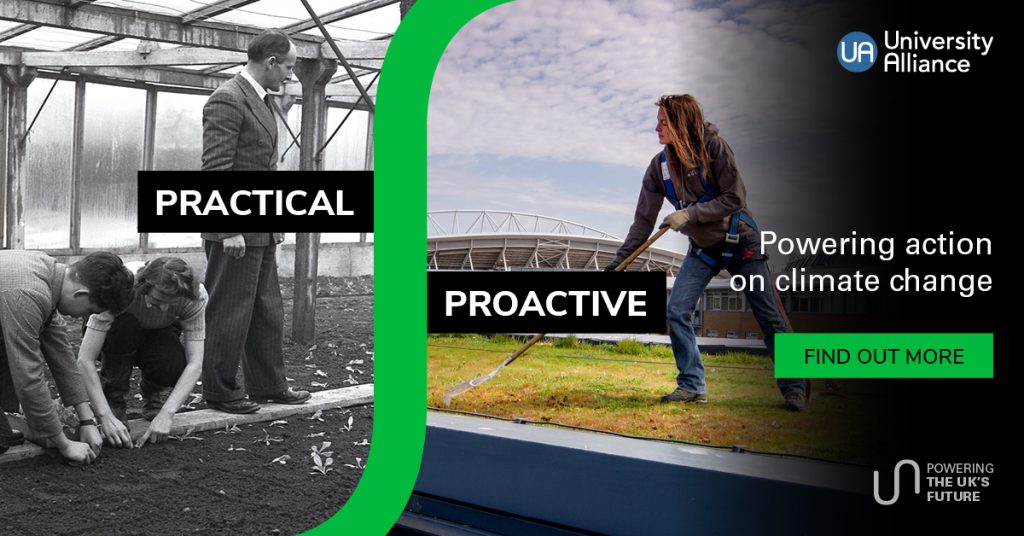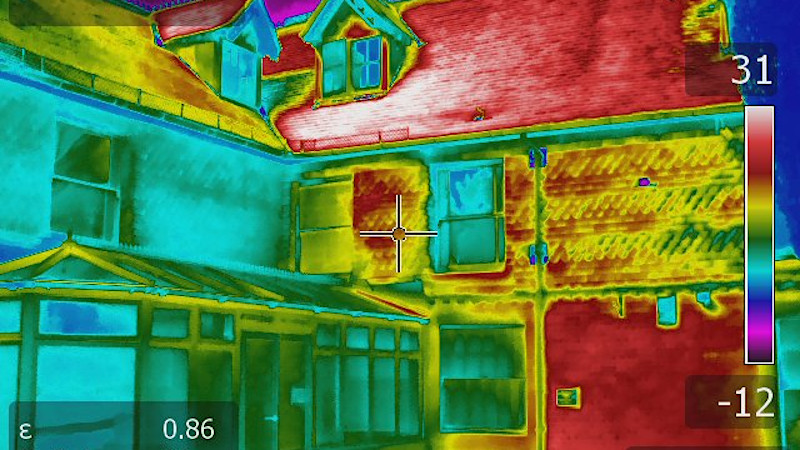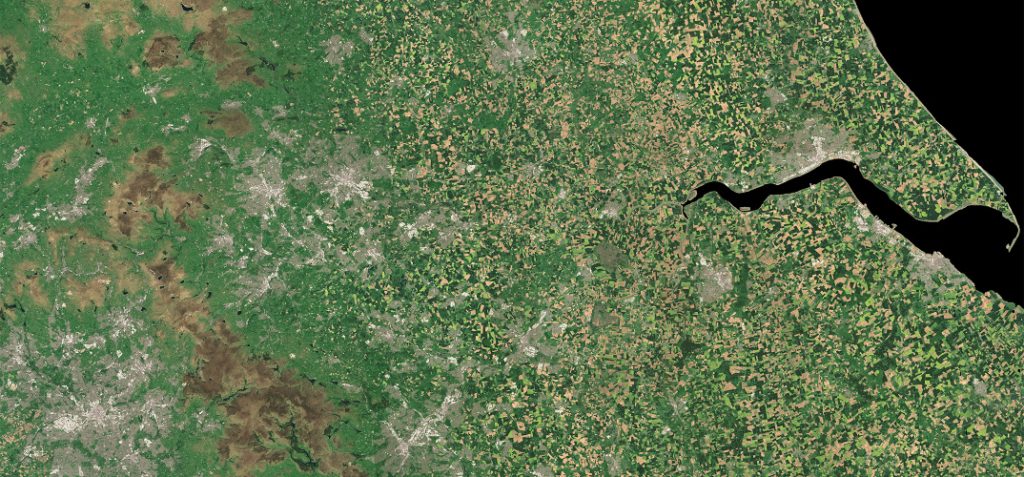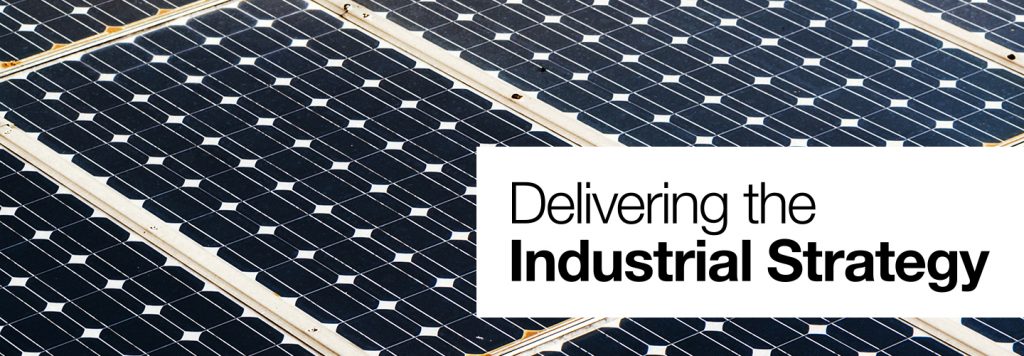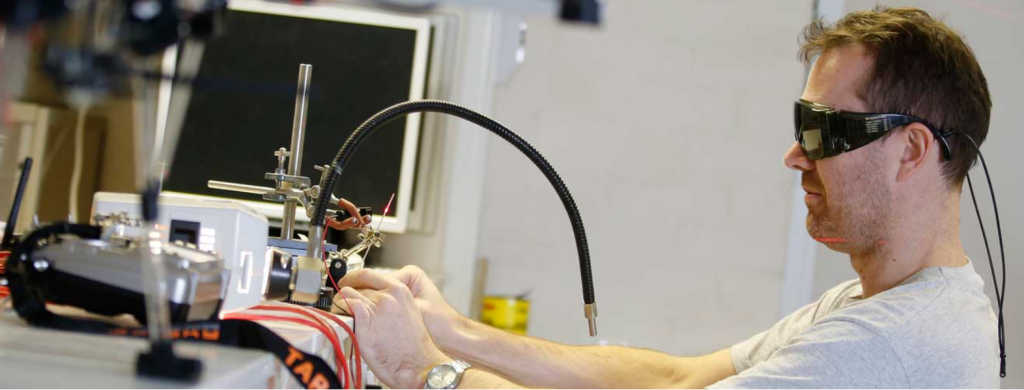COP26 needs to address air quality as well as climate change
First published in Air Quality News on 29th October 2021 Dr Jo Barnes, Senior Research Fellow at UWE Bristol explains why COP26 must address air quality as well as climate change. While all eyes will be on the UK’s hosting of COP26 it is important that this vital international summit considers a dual focus on […]



